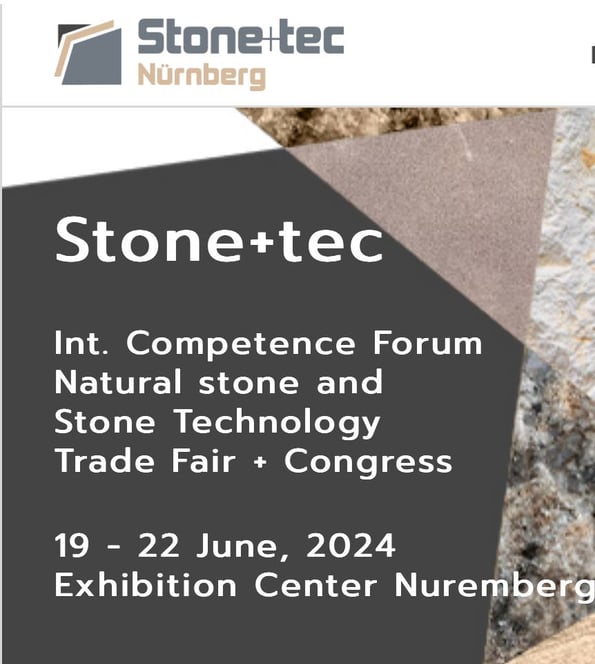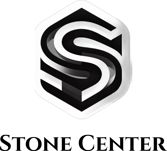Nuremberg


Stontek stone exhibition, Nuremberg, Germany, June 19/22, 2024
Why Germany:
Germany is a western European country with a landscape of forests, rivers, mountain ranges and the coast of the North Sea and is more than 2 thousand years old. Berlin, its capital, has art houses, the Brandenburg Gate and many World War II sites.
The German economy has been trying to accelerate further and beyond 2% growth in 2021. The gross domestic product (GDP) in the fourth quarter of 2021 has decreased by 0.3 percent compared to the third quarter. Exports have also lost momentum in Germany and are expected to remain stable for now. Overall, GDP is expected to grow by 2.7% in 2021. Compared to 2019, the year before the start of the coronavirus pandemic, GDP in 2021 was still 0.2% below the pre-pandemic level.
The main problem of the stone industry in Germany is the problem of generational change. Many stone company owners do not have a successor to continue the business, and this causes many stone companies to either close down or in some cases be bought by other companies. The lack of qualified labor is another big problem for the stone industry, as it is for many industries in Germany and elsewhere in Europe.
Construction activity in Germany is smartly increasing at the moment, as there has been very little construction activity in the country for the past decade. On the facades of the country's houses, architects often use glossy gray granite, and with the booming German economy, homeowners are making big investments in their gardens, and the demand for slate, sandstone and granite has increased significantly. Stone imports from China, India, Brazil, Spain and Portugal enter the German stone market. Recent trends point to the import of more marble from Iran, quartzite from India and granite from Brazil to this country. The demand for beige color has recently increased in Germany, so that types of limestone beige from Turkey, Egypt, France, Italy and Spain enter the market of this country.
The logistics of the German stone market is dominated by wholesalers, which are controlled by about 15 companies. These companies have incredibly organized logistics and can distribute even the smallest slab orders to dozens of masons with a single truck. This basically means that any company selling slabs outside of Germany has to go through these big wholesalers to get into the market.
The German economy follows the social market economy system of the world, the industry in no other European country has as much demand for natural stone products as Germany. With a clear focus on new trends, Stone+tec shows its audience the technology of tomorrow's standards. This trade fair focuses on extraction, processing, use of natural stone and similar materials and is a meeting place for the stone industry. The exhibition Stone+tec Germany shows a wide range of processing and application of natural stone in combination with other materials. This exhibition provides an overview of all the machines and tools needed to work and process materials. Stone+tec is primarily a trade fair focused on the German market and neighboring countries.


